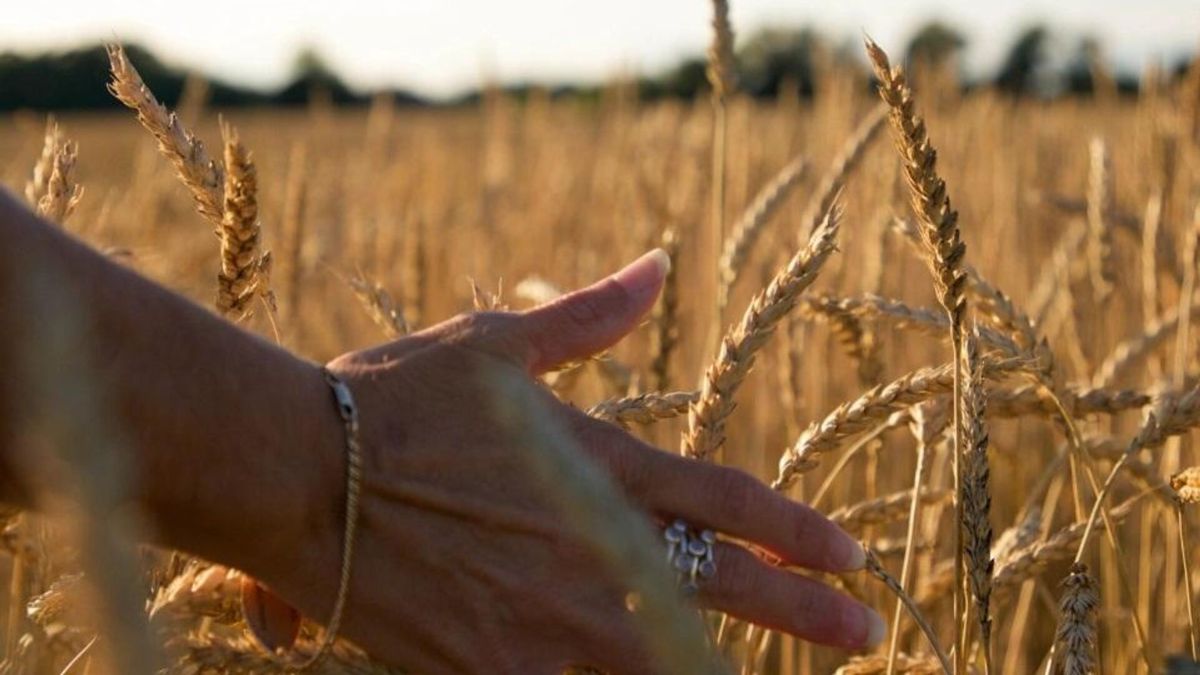Russia has ramped up its wheat exports to Africa, with the Krasnodar Region alone shipping 14.8 million tonnes of grain to the continent over the past eight months. This increase highlights Russia’s growing role as a key supplier in a region facing food security challenges and reflects broader trends in global trade dynamics.
The Krasnodar Region, a major agricultural hub in southern Russia, has seen a marked rise in its wheat exports to Africa, driven by both strategic trade policies and increasing demand on the continent. The surge in shipments comes at a time when global wheat markets are experiencing heightened volatility, influenced by supply chain disruptions and geopolitical tensions.
The significant export volume from Krasnodar is part of Russia’s broader strategy to enhance its agricultural trade relationships with African nations. The increased shipments are aimed at addressing food security issues in several African countries that have been grappling with shortages and rising food prices. By boosting wheat exports, Russia is positioning itself as a critical player in mitigating these challenges and reinforcing its influence in the African market.
Russian agricultural officials have highlighted that the rise in wheat exports to Africa is also a response to growing global demand for wheat and other staple grains. The move aligns with Russia’s broader economic goals of expanding its agricultural exports and strengthening trade ties with emerging markets.
The impact of these increased wheat exports is significant for Africa, where many countries depend heavily on imports to meet their food needs. The availability of Russian wheat is expected to provide some relief to African nations struggling with high food prices and supply shortages. Additionally, the influx of wheat is likely to support local food security efforts and contribute to stabilising prices in the region.

